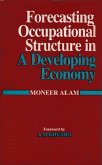
eBook, ePUB
30. Juni 2008
Concept Publishing Company Pvt Ltd
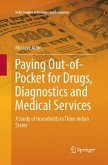
Broschiertes Buch
A Study of Households in Three Indian States
2013
14. Juli 2015
Springer / Springer India / Springer, Berlin
978-81-322-1735-0
| Gebundenes Buch | 38,99 € | |
| eBook, PDF | 40,95 € |
Gebundenes Buch
A Study of Households in Three Indian States
2013
18. Juni 2013
Springer / Springer India / Springer, Berlin
978-81-322-1280-5
eBook, PDF
3. Juni 2013
Springer India
Ähnliche Artikel
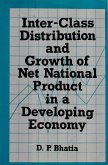
eBook, ePUB
30. Juni 2017
Concept Publishing Company Pvt Ltd

eBook, ePUB
30. Juni 2008
Concept Publishing Company Pvt Ltd

eBook, ePUB
30. Juni 2008
Concept Publishing Company Pvt Ltd
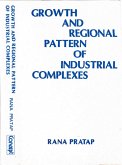
eBook, ePUB
30. Juni 2008
Concept Publishing Company Pvt Ltd

eBook, ePUB
30. Juni 2003
Concept Publishing Company Pvt Ltd
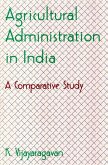
eBook, ePUB
30. Juni 2015
Concept Publishing Company Pvt Ltd

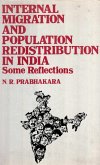
eBook, ePUB
30. Juni 2011
Concept Publishing Company Pvt Ltd
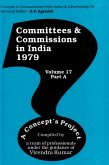
20,95 €
Sofort per Download lieferbar
eBook, ePUB
30. Juni 2003
Concept Publishing Company Pvt Ltd
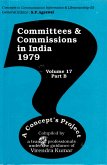
eBook, ePUB
30. Juni 2018
Concept Publishing Company Pvt Ltd
Ähnlichkeitssuche: Fact®Finder von OMIKRON
